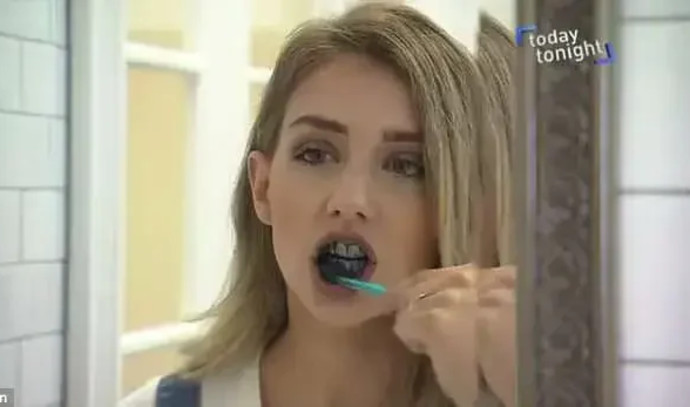As we all know, it is recommended to brush our teeth at least twice a day – once in the morning and once in the evening. However, it’s worth considering the optimal timing for brushing.
In the morning, it is advisable to brush your teeth after breakfast. This helps to remove bacteria and plaque that have accumulated overnight, leaving you with a fresh and clean mouth. In the evening, brushing is especially important as it helps to remove food residue throughout the day, prevents the buildup of acids near the teeth, and protects against tooth decay and gum diseases.
Despite this seemingly clear information, many of us make common mistakes during brushing that can actually harm our teeth and gums.
Let’s address some of these mistakes and how to avoid them:
Common mistakes about brushing your teeth
Firstly, brushing too quickly is a common mistake. It is recommended to brush for at least two minutes, ensuring that all tooth surfaces are thoroughly cleaned. Secondly, applying too much pressure while brushing can harm the teeth and gums, leading to erosion and recession. It is important to use gentle, circular motions to avoid causing damage.
Another mistake to avoid is neglecting certain areas of the mouth. It’s crucial to reach all tooth surfaces, including the inner and back parts, to ensure a thorough clean. Additionally, many people overlook the importance of using dental floss. Dental floss helps to remove bacteria and food debris from between the teeth, where the toothbrush cannot reach.
Lastly, using an old toothbrush is another common mistake. It is recommended to replace your toothbrush every three months or sooner if the bristles become frayed and scattered. A worn-out toothbrush will be less effective in cleaning your teeth properly.
Proper tooth brushing technique and timing are essential for optimal oral health. By avoiding common mistakes such as brushing too quickly, applying too much pressure, neglecting certain areas, not using dental floss, and not replacing your toothbrush regularly, you can ensure a healthy and clean mouth.
The author, Dr. Hagi Slutsky, is a specialist in public dental health, a chief dentist, and a general dental practitioner.




